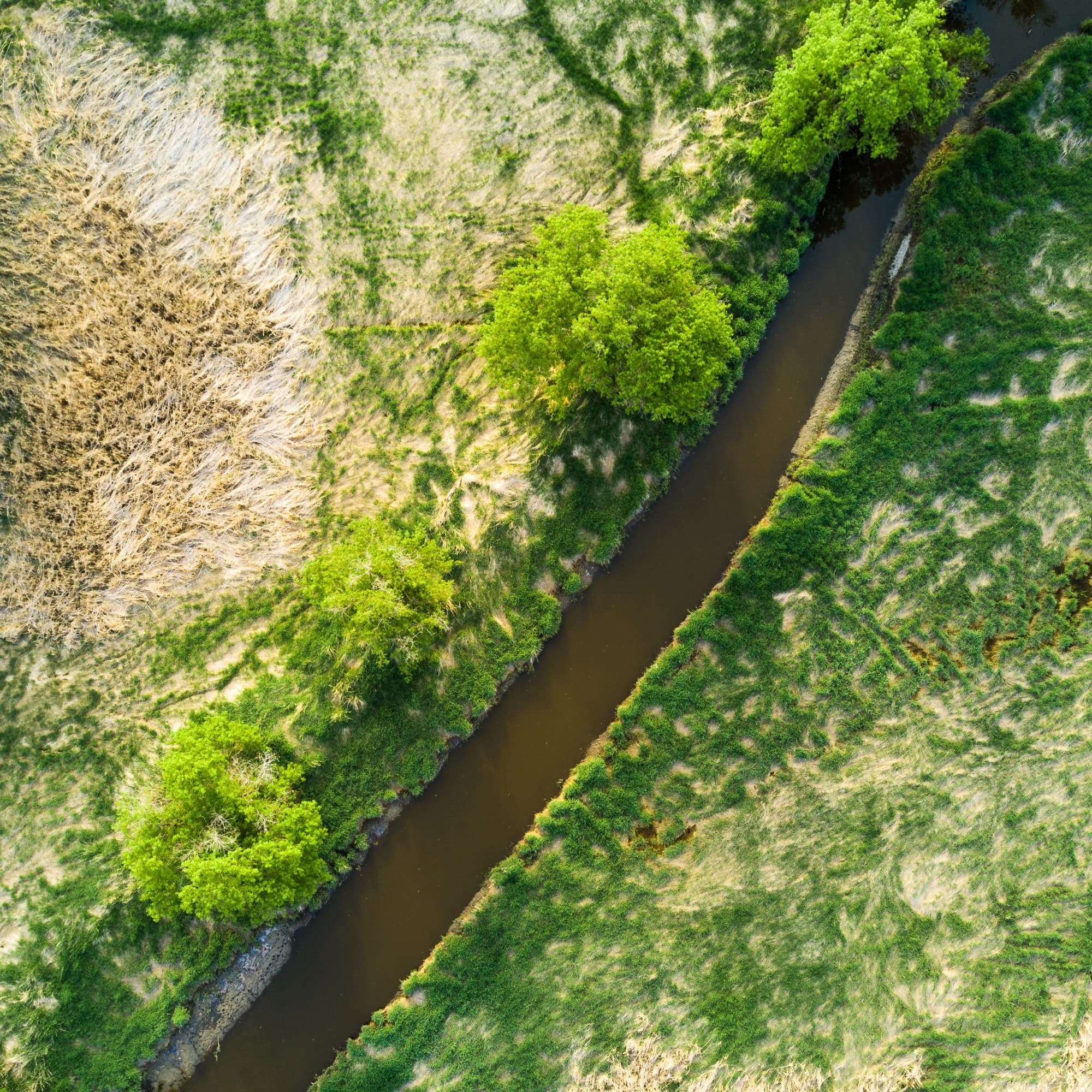
How to Run for Soil and Water Conservation District Director
Thinking about running for soil and water conservation district director in your community? This guide will walk you through the basics of what a soil and water conservation board member or district director does, what qualifications are needed, and what steps candidates need to take to get on the ballot and get elected.
About Soil and Water Conservation
Before considering the role of soil and water conservation district directors, it can be helpful to understand what soil and water conservation board members do:
What Do Soil and Water Conservation Board Members Do?
Soil and water conservation board members perform a variety of vital functions. The primary role of a soil and water conservation board member is to oversee soil and water testing. They are responsible for ensuring that all soil and water projects are done with the right equipment. The main goal is a clean environment. Soil and water must be clean and free of contaminants to make it safe for use. Soil and water conservation board responsibilities include the planning of general agricultural operations. They must implement strategies to reduce soil contamination and water pollution in urban, rural, and farming communities.
Other duties for board members include soil and water conservation education and community outreach. Each board member must review and approve of conservation grants. It's an excellent way to start a political career in soil and water conservation.
In most states, soil and water conservation board members are elected by farmers in their communities. Soil and water conservation districts are treated a lot like school districts because they are local. In fact, they are subdivisions of state and local governments. Conservation district director elections happen once every two years. Independent candidates must be a landowner or a land representative to run. This ensures that each contender has the necessary background for the job. They must reside in a farm situated on the outskirts of the city in the area. The minimum age limit for running a local environmental campaign is 18.
What Do Soil and Water Conservation District Directors Do?
Soil and water conservation directors are in charge of major projects. Their job is to oversee new program development and evaluate project ideas. Basic director duties include:
Public relations
Program evaluation
Financing
This differs from local conservation board positions because soil and water conservation district directors have the following duties:
Must prepare budgets for districts and set goals for annual and long-term projects
Create quarterly reviews and reports for every project
Provide routine progress reviews to ensure district goals and objectives have been met
Supervise daily operations among staff and within the soil and water conservation district
Qualifications of Soil and Water Conservation District Directors
There are several qualifications for conservation district directors:
Candidates must hold at least a bachelor's degree with a minimum of three years of experience in a related field.
Each candidate is required to have five years of management experience along with organizational expertise.
Those running for soil and water conservation district directors must also have exceptional communication skills with the ability to work within a team environment. Soil and water conservation district directors must listen to concerns within their districts and be willing to negotiate with team members, other leaders, and their voters.
Soil and water conservation candidate qualifications for district directors include:
A valid driver's license
Good budget planning expertise
Strong knowledge of Human Resources policies and procedures
Strong scientific knowledge of soil erosion and excellent storm water management
Local conservation governance also requires the ability to handle public speaking situations. Ideal candidates for soil and water conservation district directors must be willing to give periodic speeches and address public concerns with an open mind.
The Election Process for Soil and Water Conservation Positions
Soil and water conservation elections are carried out at the district level. To be eligible to vote in these elections, a person must be at least 18 years of age and reside within the same district as the candidate.
Candidates may wind up representing more than one district. This usually happens with cities or towns that have more than one county. In this case, soil and water conservation district governance requires more than one person. When this happens, the top two independent candidates who get the most votes are chosen to represent the selected counties as soil and water conservation district directors.
Soil and Water Conservation Election Procedures
In most states, elections for this position are held once a year. The soil and water conservation election process involves an assembly of local landowners who gather to choose their soil and water conservation officials. Directors are usually chosen to serve in four-year terms, which is similar to a governor.
Most elections for district supervisor are nonpartisan. Interested candidates must file a petition to run. Most states and counties require candidates to collect a minimum amount of signatures from registered voters who live in the same district. This is the first step of a soil and water conservation district election strategy.
After all of the signatures have been given, the candidate must turn in their petition to their local elected officials. Once approved, the candidate's name will appear on the ballot for the next local election.
Tips for a Successful Campaign
The first step to running a successful local campaign is to do some research. Prior to filing a petition for candidacy, first-time candidates should research the area they wish to serve. This includes getting to know the dominant issues that impact voters living in that region. Candidates can attend community or town hall meetings to learn more about the issues that voters and elected officials feel strongest about.
The next step involves the voters. Candidates should take time to find out how many registered voters are in their region. They also need to know how many votes it takes to win the election. Known as a win number, this estimate gives contenders a summary of how much work is needed to run a successful campaign.
The next steps involve canvassing, establishing an online presence, and connecting with voters while getting the word out about the campaign.
Ready to Run for Soil and Water Conservation District Director?
When you’re ready to run for office, GoodParty.org is ready to give you the tools you need to make a difference in your community. Don’t wait to check out the free campaign tools and support we offer to independent and nonpartisan candidates running for office across the United States.
Photo by Dave Hoefler on Unsplash
